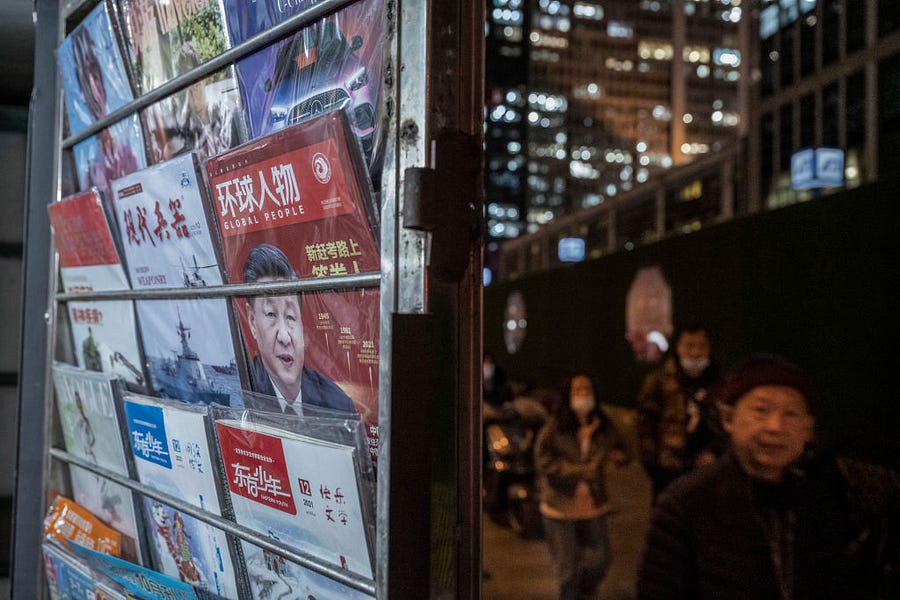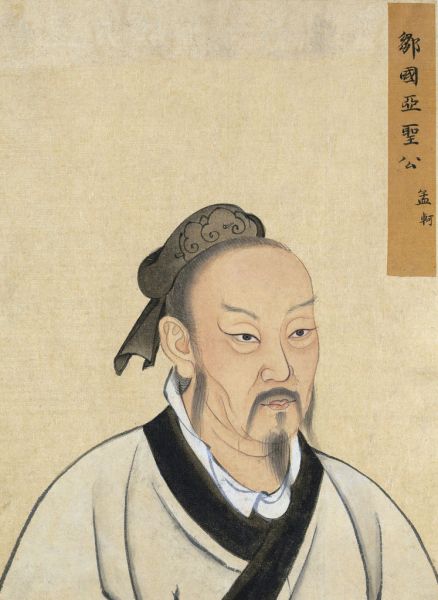In yet another effort to tighten control, Beijing rolled out a new plan to further restrict private capital’s influence in Chinese media late last year. The policy is poised to ban non-state money from producing and distributing news, operating news organizations’ social media, and hosting news-related events, among other activities.
The clampdown could have a profound implication for policymakers and China watchers around the world. Chinese propaganda—“fake news” if ever there was any—has just gotten faker, and it’s ever more important now for observers to pay close attention to it.
Because tightly controlled news environments are reflective of their propagandists’ intentions, there’s a long practice in the United States and allied democracies of monitoring major authoritarian regimes’ communications and making inferences. Among the earliest successes was the World War II-era U.S. Foreign Broadcast Intelligence Service (FBIS) and British Political Warfare Executive, which closely followed Nazi propaganda and successfully predicted the deployment of Germany’s secret V-weapons.
The efforts continued after the war and became known as open-source intelligence—the practice of producing intelligence using publicly available information like propaganda, satellite images, and social media. Within the U.S. intelligence community, analyses have been done on Cold War-era Soviet communications and modern-day Chinese propaganda, among others. Similar work is increasingly carried out by nongovernmental analysts and institutions. My own research—the Policy Change Index—uses machine learning techniques to predict China’s behavior by mining its official newspaper, and it’s only one of many applications empowered by recent computational advances.
But as I’ve written previously, open-source intelligence in America has remained on the sidelines, hurting its ability to compete with China. Beijing’s tightening control over information suggests that the open-source approach might be one of the only ways left to understand the Chinese Communist Party (CCP). And Washington needs to up its game, now.
Chinese President Xi Jinping’s recent moves to decouple somewhat from the West suggest that many China watchers can no longer observe the country from within. According to the Foreign Correspondents’ Club of China, Beijing expelled at least 18 foreign journalists from the New York Times, the Wall Street Journal and the Washington Post in the first half of 2020 alone. Despite Xi and President Joe Biden’s recent virtual summit, which led to a deal to ease restrictions on each country’s journalists, quality reporting on China from within remains a daunting challenge.
Adding to the dearth of direct information is the understandable reluctance on the part of China watchers to resume travel to the mainland. Earlier this year, a poll among contributors to the online magazine ChinaFile found that less than half of respondents plan to visit China again if COVID-19 travel restrictions are lifted. Some said “no” due to outright fear of detention, either for themselves or the Chinese people they work with or interview.
At a time of heightened tensions between the United States and China, a lack of information could have consequences for both sides. It’s well-understood in political science that wars often take place not because one nation is much stronger than the other one, but because both believe they are the more powerful and their opponents will back down first. But only one side can be right. And in recent months, the Taiwan Strait and South China Sea have seen unprecedented shows of force by China and the West. The last thing we need for sustained stability in the region is for the parties involved to feel more blind.
As Beijing grasps the country’s media tighter, the silver lining is that Washington and its allies now have more official materials from the CCP to work with—if they embrace the power of open-source intelligence.
A bipartisan group in Congress recently proposed establishing an Open Translation and Analysis Center, a revival of the wartime efforts done by the FBIS that would focus on China. The proposal, if it becomes policy, would go a long way toward a better understanding of the decision-making in Beijing. Similar initiatives should be carried out both in and outside the government before it’s too late.
Weifeng Zhong is a senior research fellow with the Mercatus Center at George Mason University and a core developer of the open-sourced Policy Change Index project, which uses machine-learning algorithms to predict authoritarian regimes’ major policy moves by “reading” their propaganda.







Please note that we at The Dispatch hold ourselves, our work, and our commenters to a higher standard than other places on the internet. We welcome comments that foster genuine debate or discussion—including comments critical of us or our work—but responses that include ad hominem attacks on fellow Dispatch members or are intended to stoke fear and anger may be moderated.
You are currently using a limited time guest pass and do not have access to commenting. Consider subscribing to join the conversation.
With your membership, you only have the ability to comment on The Morning Dispatch articles. Consider upgrading to join the conversation everywhere.